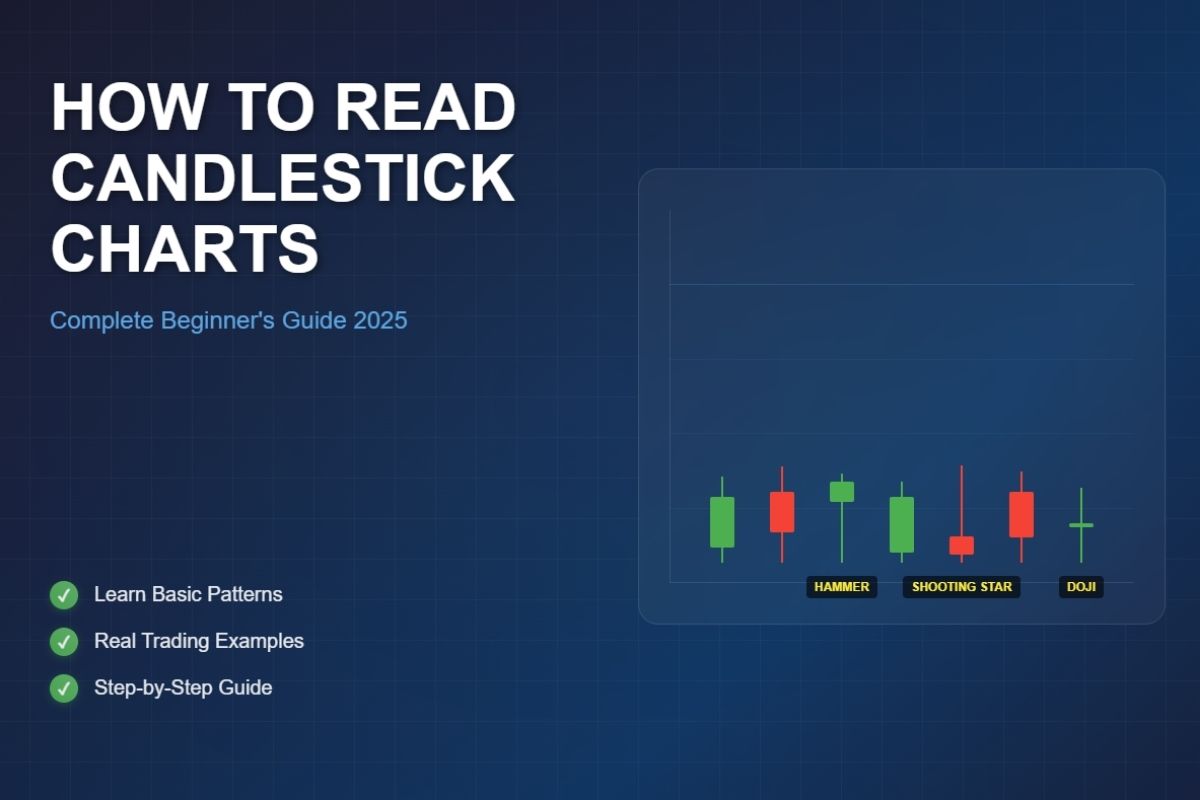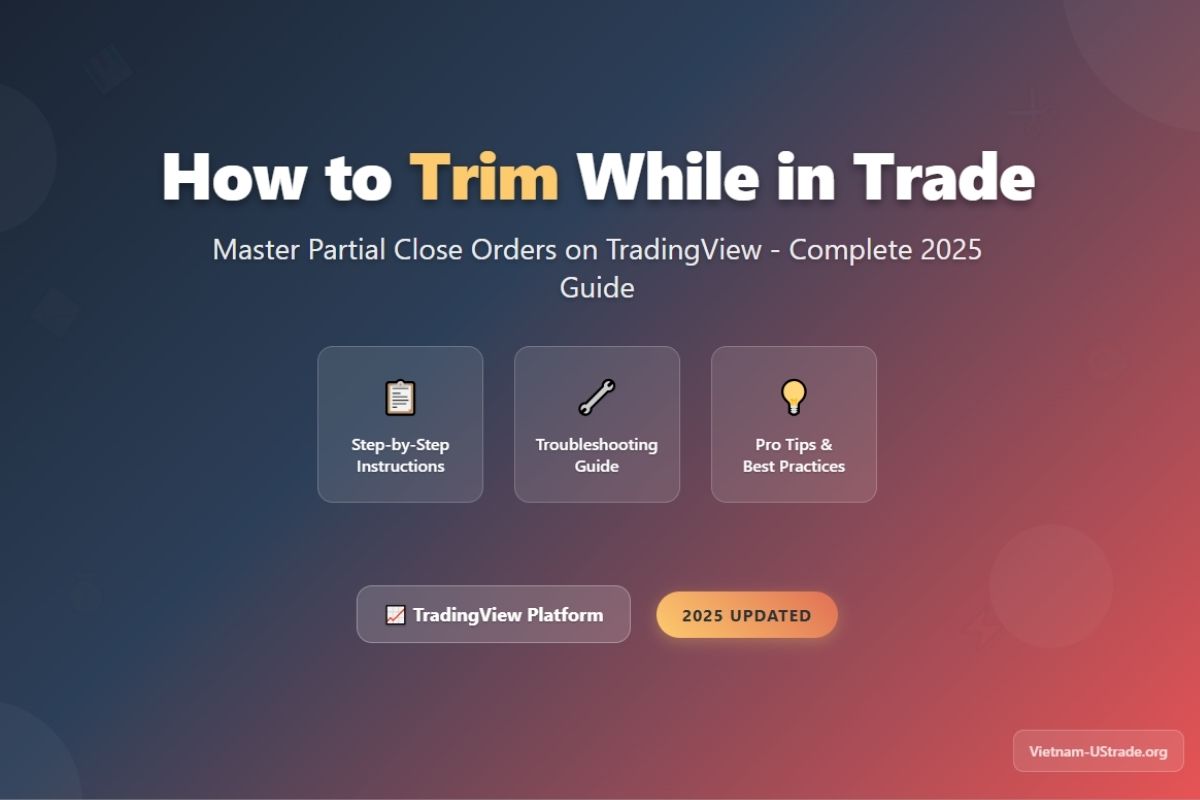A Trader is a commonly mentioned noun in the Crypto, stock, or forex markets. However, not everyone truly understands this term. So, what is a Trader? What types of Traders are there? Let’s explore with vietnam-ustrade.org in the following article!
What is a Trader?
A Trader is a term in the financial market in general, referring to an individual who performs buying, selling, and trading of cryptocurrency pairs, forex, securities, etc., over a short period, either in their own name or representing an individual or organization.

Contrary to long-term traders — Investors, Traders are short-term speculators, mainly earning profit from price differences.
Currently, many people are interested in the role of Trader and choose it as their profession, especially among the youth. The main reasons are the potential for financial freedom and high profits. However, being a Trader is not simple; it requires many skills like technical analysis based on Indicator indicators, quick and accurate information updates, and extensive knowledge and experience in the financial fields they are investing in.
Types of Traders
Traders are categorized into 04 popular types:
Day Trader
Day Traders or intra-day Traders are those who buy/sell and close orders within 24 hours before the market closes. The number of trades can reach hundreds per day depending on their trading style.
Floor Trader
Floor Traders or on-screen Traders are members on cryptocurrency, stock, forex, etc., trading floors, who buy and sell financial products through their accounts on trading platforms. They need to have qualifications and certifications to work as floor traders.
Members trading on the floor must comply with laws like Specialists (those who trade on behalf of others) on the platform.
Besides Day Traders, there are Swing Traders and Position Traders, categorized according to their holding time.
High Frequency Trader
High Frequency Traders or HFT Traders use algorithms, executing high-speed trades with large volumes to generate profits. Although the profit margin per trade is very small, executing many trades within 24 hours can accumulate significant gains.
This HFT method targets profit and risk ratios, differing from traditional buy-and-hold strategies.
Recent flash crashes in investment channels are heavily influenced by High Frequency Traders.
Rogue Trader
Rogue Trades or these are moles hired to place orders for organizations or individuals but exceed their authorized limits.
In addition, there is also Stock Trader in the stock market.
In summary, among all the short-term investor types mentioned, the ultimate goal of everyone is to achieve effective, long-term profits while minimizing risks optimally.
How to become a professional, successful Trader? The key secrets?
Becoming a professional and successful Trader in the financial market is the aspiration of many investors. To achieve this, note the following:

Build a suitable mindset
In reality, the failure rate of short-term investors in financial channels can reach 80-95%. This shows how challenging it is to succeed in the market, alongside the potential for enormous profits, there are risks and other factors.
Therefore, developing the right mindset is crucial when entering the profession, specifically:
- Participating in investment, trading, and buying/selling products in the financial market is not a way to get rich quickly.
- You should plan your buy/sell transactions carefully and stick to the plan, avoiding emotional influences like FOMO or FUD.
- Be patient, don’t lose heart or give up; success never comes to those who lack patience.
- Each trader must learn lessons and gain experience in assessing, analyzing, or making decisions when trading.
li>No matter the investment channel, risks and losses exist; there is no 100% success rate in financial trading.
Optimize your trading system
Both short-term and long-term investors need to build an effective trading system, which must be tested over time to identify the crucial factors in a trading plan, specifically:
- Identify the market trend: rising, falling, or sideways, thereby deciding the current market state.
- Define specific entry points.
- Set stop-loss/take-profit levels for each order.
An effective trading system helps ensure neutral, objective trading and investment actions.
Build effective capital management rules
All investors in the financial market need capital. Protecting and managing investment capital effectively is the top factor leading to success for Traders. You should consider:
- Contemplate each order size relative to your total capital.
- Acceptable risk levels per trade, calculated daily, weekly, monthly, quarterly, yearly.
Conclusion
Hopefully, the information in this article “What is a Trader? Types of Traders? Tips to Become a Professional Trader” will be useful to you. Besides the basic information such as definitions and classifications, vietnam-ustrade.org also offers tips to help you become a professional short-term investor. Although not easy and demanding, and accompanied by large pressure, nothing is impossible. Wishing you confidence and success in the financial market.





